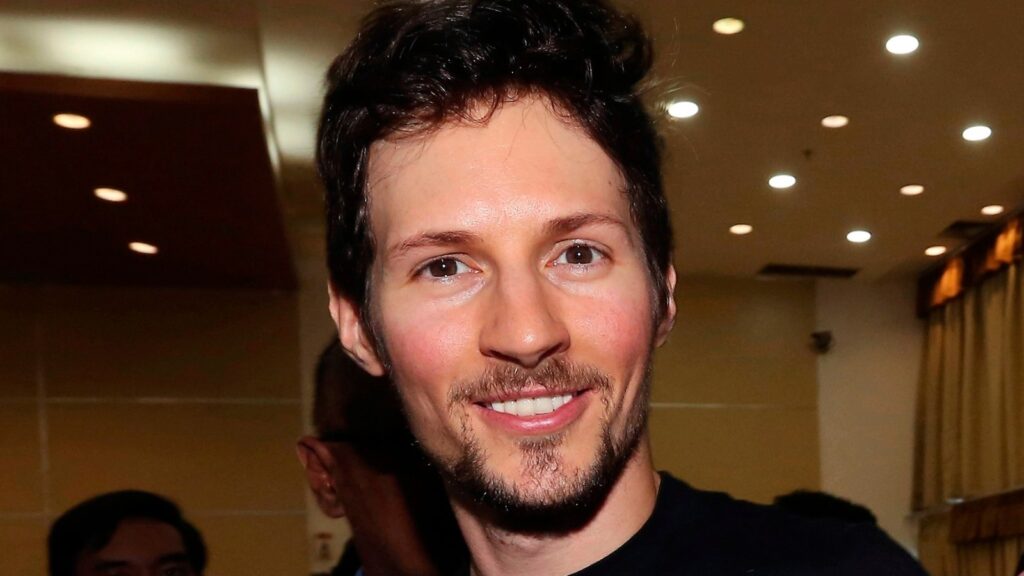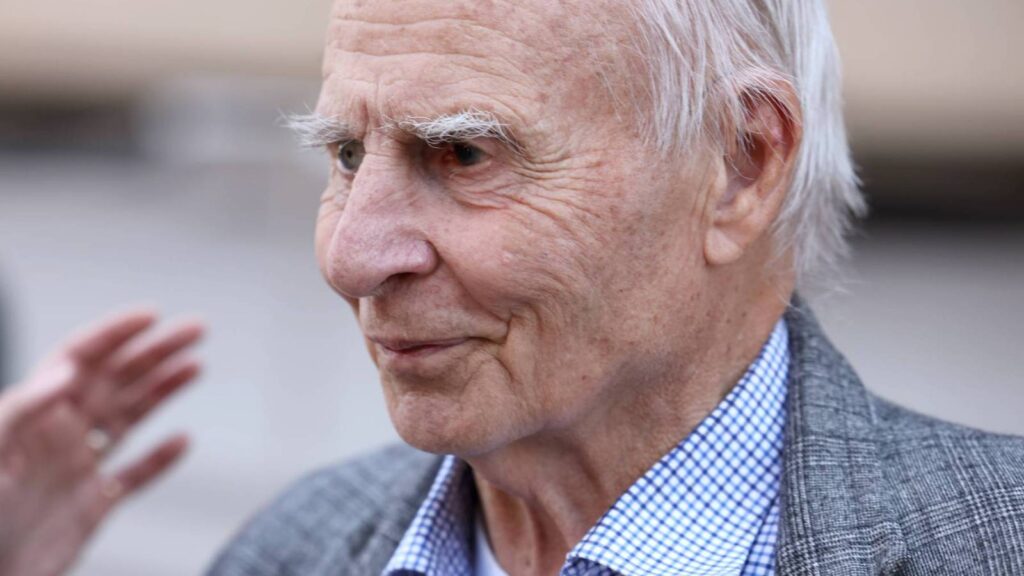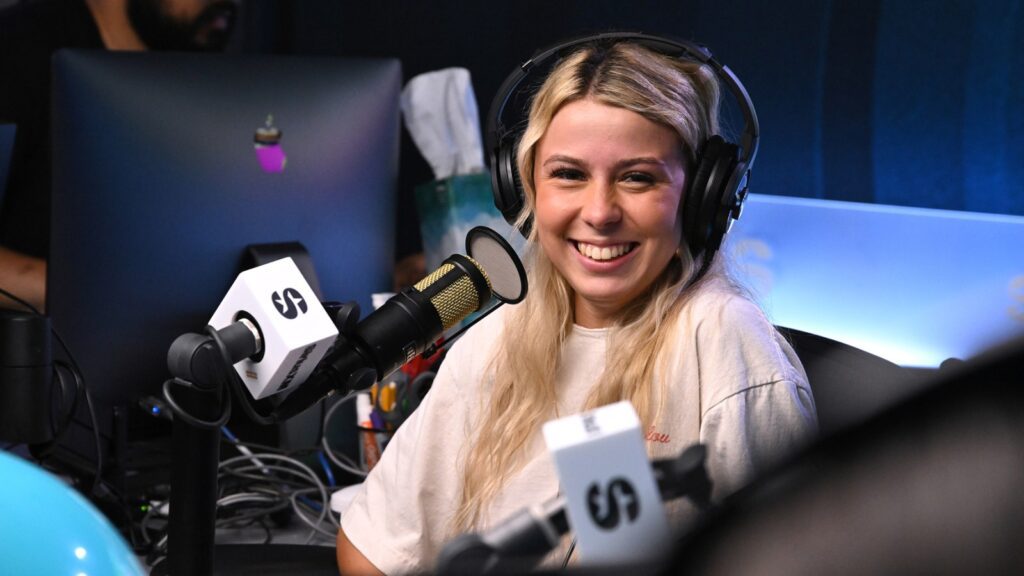What We Know About the Arrest of Telegram CEO Pavel Durov in France
Pavel Durov, the Russian-born billionaire tech entrepreneur who with his brother Nikolai Durov co-founded the encrypted messaging app Telegram and serves as its CEO, is in custody after being arrested at an airport outside of Paris, law enforcement officials in France confirmed on Monday. He could be detained through Wednesday in connection with a probe into illegal activity on Telegram. After that, he would have to be released or charged.
It’s not currently clear whether charges have been brought against Durov himself, as a press release from French prosecutors only describes his arrest as part of an ongoing “judicial investigation” of an “unnamed” individual alleged to be complicit in a range of crimes encompassing fraudulent transactions, the sale of narcotics, and possession of child sexual abuse material (CSAM).
Police sources indicated that the arrest stemmed from Telegram’s lack of moderation and failure to comply with authorities looking for evidence of crimes on the platform. Durov left Russia in 2014 after refusing government demands to censor anti-Putin commentary on his social network VK (he also sold his stake in the site) and now holds dual citizenship in France and the United Arab Emirates. Russia banned Telegram, which was popular among pro-democracy organizers, in 2018, but lifted the block in 2020 in part because users were getting around it with VPNs. One Moscow politician, Maria Butina, said that the arrest of Durov by France’s anti-fraud police unit as he disembarked from a private jet from Azerbaijan “means that freedom of speech in Europe is dead,” and described the Russian exile as the victim of a “witch hunt.” French President Emmanuel Macron has said that Durov’s detainment is not a political matter.
Because of the privacy afforded by Telegram’s end-to-end encryption for private chats, the app has proved popular not just among those mobilizing against repressive regimes but terrorist groups such as the Islamic State and conspiracist movements including QAnon. Telegram communications among the far-right gang known as the Proud Boys came to light during the prosecution of members accused of participating in the Jan. 6 Capitol riot. White supremacists used Telegram to recruit during a recent wave of U.K. riots stoked by anti-immigration sentiment.
Last year, Brazil temporarily suspended the app for not turning over data related to antisemitic groups tied to a pattern of hate crimes targeting Jewish people in the country. Researchers at the Stanford Internet Observatory have argued that Telegram “implicitly allows the trading of CSAM in private channels.” Critics further allege that the app is tolerant of fraud, scams, and bots, as well as drug trafficking, money laundering, and firearm dealing operations — illicit businesses that also led to the downfall of Ross Ulbricht, who was sentenced to life in prison in 2015 in connection with his online black market Silk Road.
Following Durov’s arrest, Telegram issued a statement in its defense, claiming that the company “abides by EU laws, including the Digital Services Act.” It also stated that Durov “has nothing to hide and travels frequently in Europe,” adding that Telegram has more than a billion users worldwide and calling it “absurd to claim that a platform or its owner are responsible for abuse of that platform.” The post linked to a March message from Durov’s personal Telegram account in which he wrote that “large social media apps are easy targets for criticism due to the content they host” and promised that as the platform continued to grow, “we shall solve any potential challenges the same way we do everything else — with efficiency, innovation and respect for privacy and freedom of speech.”
Daphne Keller, platform regulation director at the Stanford Cyber Policy Center, called Durov’s arrest “unsurprising” in a thread on X (formerly Twitter) and noted that the same could have happened under U.S. law. “CSAM, terrorist content, and drug sales are all regulated by federal criminal law,” she wrote. “Platforms have no immunity from that law.” She compared any potential attempt to hold Durov and Telegram liable to Ulbricht’s case.
As early reports of Durov’s arrest first broke on Saturday, Tucker Carlson and Elon Musk were among those to argue that he was the victim of a crackdown on free expression. “Pavel Durov sits in a French jail tonight, a living warning to any platform owner who refuses to censor the truth at the behest of governments and intel agencies,” Carlson tweeted, sharing an interview he had aired with the Telegram CEO in April. “Darkness is descending fast on the formerly free world.”
Musk sounded an ominous note as well, commenting “Dangerous times” on a tweet that mentioned the detainment. Some hours before that, however, he attempted to make light of the situation, quote-tweeting news of Durov’s arrest with the somewhat hyperbolic caption: “POV: It’s 2030 in Europe and you’re being executed for liking a meme.”
As the owner of a social platform increasingly light on moderation itself, Musk might prove sympathetic if Durov is held accountable for crimes facilitated by Telegram. He already views European regulators with a certain disdain; the European Commission concluded at the end of a six-month investigation in June that X has violated the Digital Services Act, which went into effect in 2023, by allowing malicious actors to deceive other users and lacking adequate transparency on its advertising and in providing data to researchers. Musk vowed to battle any fines or requirements to modify the X platform in court.
But siding with Durov could be more uncomfortable should he be charged with complicity in allowing underground distribution rings for CSAM on Telegram, or stonewalling law enforcement’s efforts to prosecute such crimes. For now, the “free speech” cause offers a convenient rallying cry — it just may not in the days to come.





